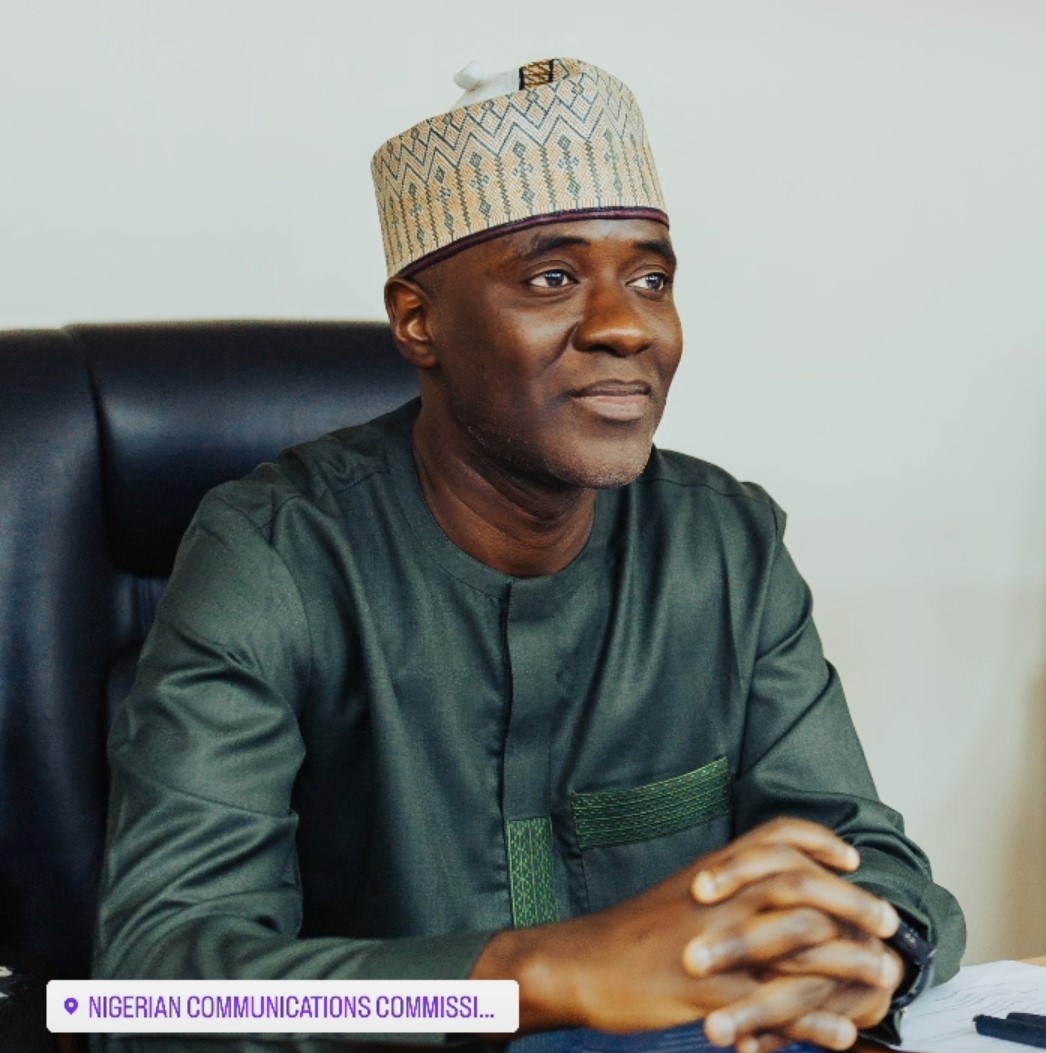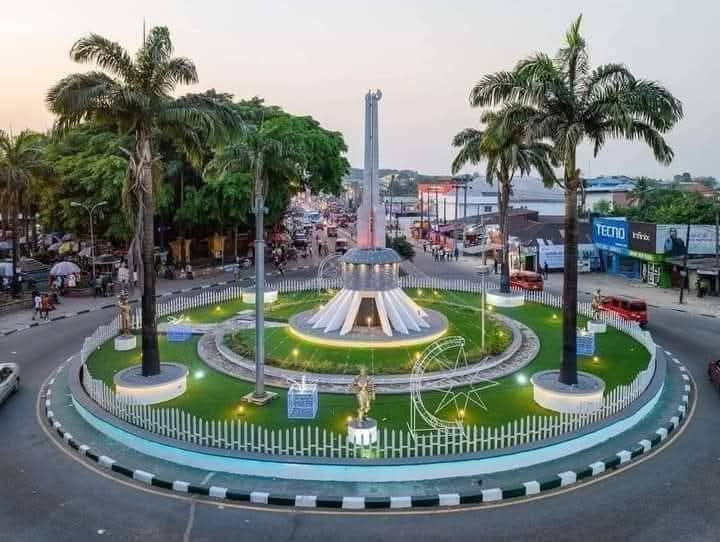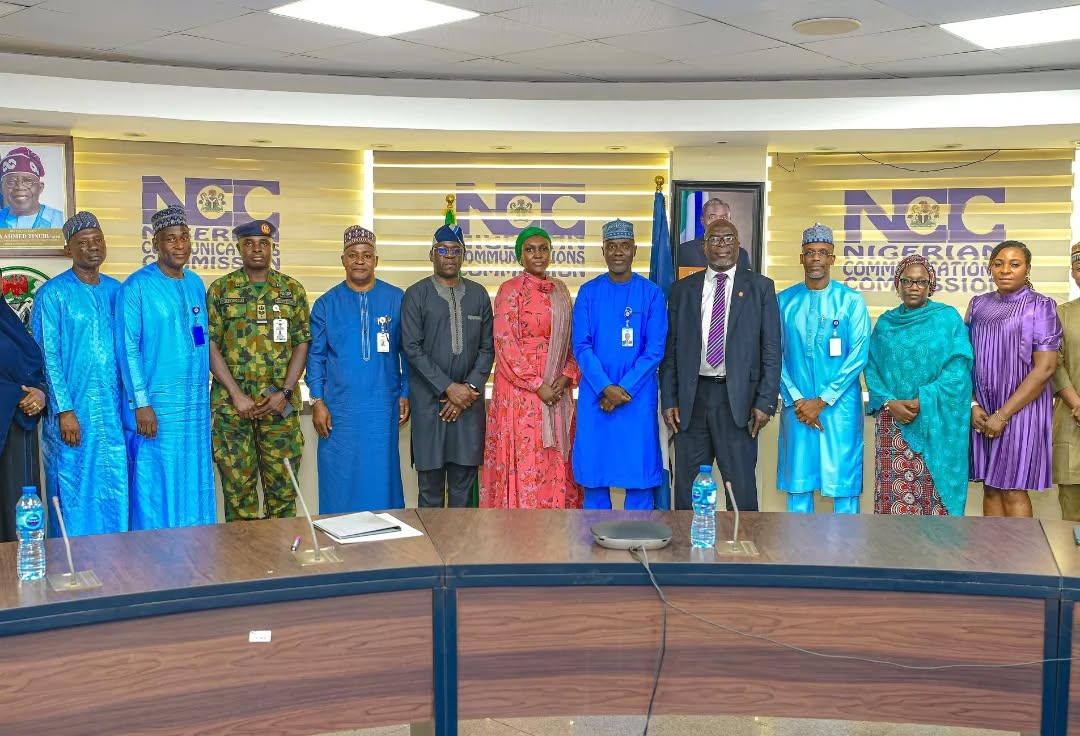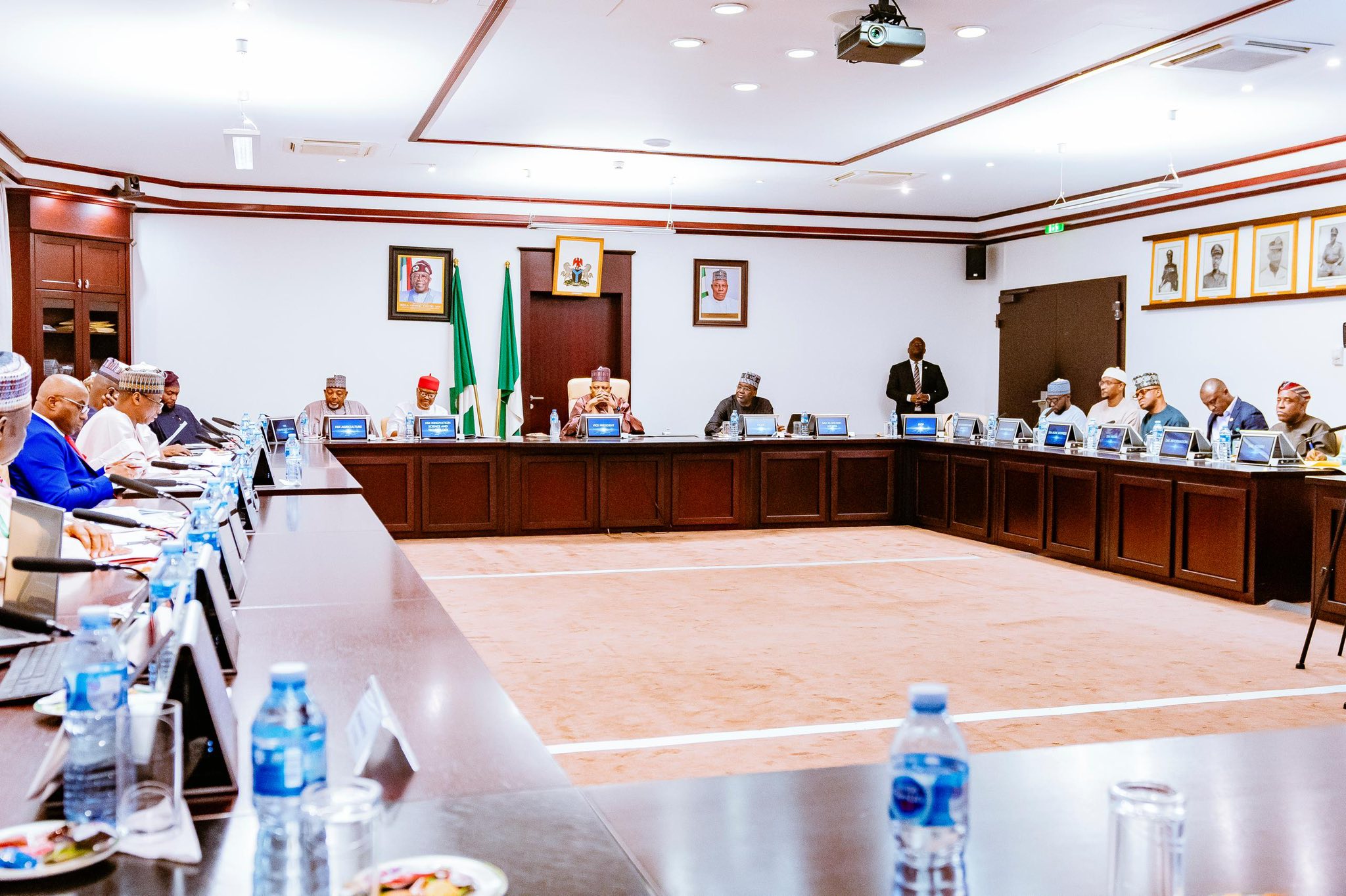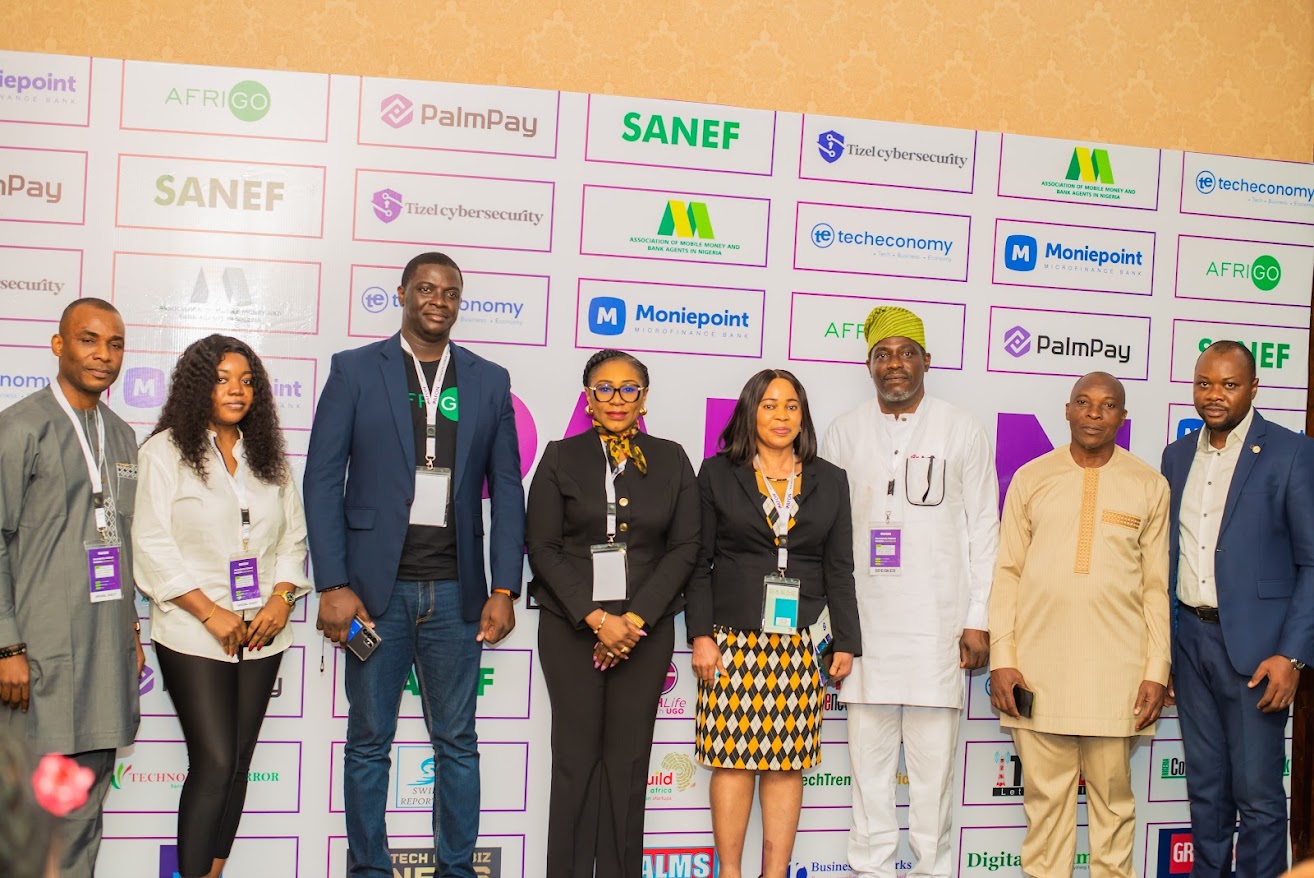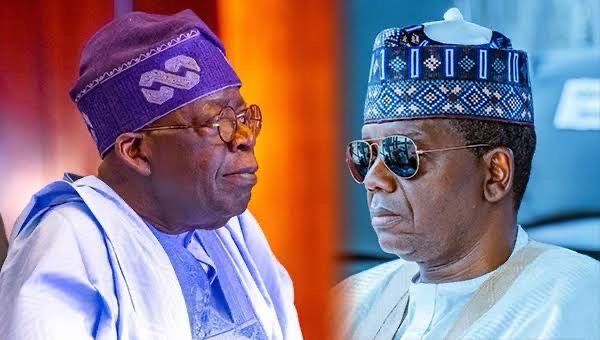By Anthony Nwosu
Nigeria’s digital landscape is experiencing rapid growth, propelled by a tech-savvy and upwardly mobile population that is increasingly exploring the benefits of digital technologies. With broadband penetration at approximately 43%, the nation is on the cusp of significant digital transformation, poised to positively impact various sectors through enhanced connectivity and digital skills.
Globally, digital transformation is occurring at an unprecedented pace. The COVID-19 pandemic accelerated the adoption of remote work and virtual collaboration tools, with platforms like Zoom, Microsoft Teams, and Google Meet becoming essential for meetings, conferences, and team collaboration. E-commerce has revolutionized consumer behavior, enabling seamless online shopping experiences. Even traditional businesses are adopting digital solutions to improve customer engagement and service delivery. Technologies such as Artificial Intelligence (AI) and the Internet of Things (IoT) are revolutionizing education, healthcare, public services, and energy management, among other areas.
Central to this global digital transformation is the role of telecommunications infrastructure. Universal, affordable, reliable, and fast telecom services are now considered essential, forming the backbone for the integration of digital technologies into various aspects of life.
In Nigeria, the Renewed Hope Agenda under President Bola Ahmed Tinubu aims to harness the potential of the digital economy to support the nation’s youth and women. The Honourable Minister of Communications, Innovation, and Digital Economy, Dr. Bosun Tijani, recently unveiled a strategic blueprint titled “Accelerating our Collective Prosperity through Technical Efficiency.” This blueprint is designed to enhance Nigeria’s economic growth by increasing productivity through digital innovation.
Dr. Tijani’s Strategic Agenda for 2023–2027 sets ambitious targets to bolster Nigeria’s digital infrastructure. These include improving the Quality of Service (QoS) by 50% by the end of 2024, increasing broadband penetration to 70% by 2025, achieving data download speeds of 25Mbps in urban areas and 10Mbps in rural areas by 2025, and extending coverage to at least 80% of the population by 2026. Additionally, the agenda aims to reduce the gap of unconnected Nigerians in rural areas from 61% to less than 20% by 2027 and secure a 300% to 500% increase in broadband investment by 2027.
Building on this strategic agenda, Dr. Aminu Maida, the Executive Vice Chairman and CEO of the Nigerian Communications Commission (NCC), has outlined three Strategic Focus Areas for the Commission: Consumers, Industry and Licensees, and Government. Dr. Maida’s approach is centered on balancing the diverse needs of these stakeholders while meeting their expectations.
For consumers, who are central to Dr. Maida’s focus, the NCC aims to enhance the Quality of Experience (QoE) beyond the traditional Quality of Service. This involves improving every touchpoint along the consumer journey, from network selection and onboarding to service usage, support, and off-boarding. The NCC has directed Mobile Network Operators (MNOs) to conduct an independent audit of their billing systems to address consumer complaints about data depletion and is in the process of simplifying tariff plans to enhance transparency.
To ensure accurate QoS delivery, the NCC has shifted from a national outlook on data collection to a more granular approach, collecting and analyzing data at local levels to deploy optimized solutions or take regulatory actions where needed.
On the industry side, Dr. Maida’s focus is on building a resilient industry and enhancing regulatory services. The NCC has taken steps to address industry debt issues and has launched advocacy initiatives to designate telecom infrastructure as Critical National Infrastructure. The Commission has also successfully persuaded several states to waive Right of Way (RoW) fees and is in discussions with additional states. Furthermore, the NCC is engaging with the Presidential Committee on Fiscal Policy and Tax Reforms to address the issue of multiple taxation in the telecom sector.
In line with current realities, the NCC is reviewing its Regulatory Instruments and Licensing Frameworks. The Quality of Service Regulations, for instance, have been updated to incorporate Key Performance Indicators (KPIs) for 5G and other critical participants in the telecom ecosystem.
Through these strategic interventions, the NCC is supporting the Ministry’s vision of boosting economic growth and productivity through technological innovation. By achieving expected QoS KPIs, ensuring high-speed internet connectivity, and fostering a resilient and innovative telecommunications industry, the NCC is delivering on the promise of Renewed Hope for all Nigerians.

